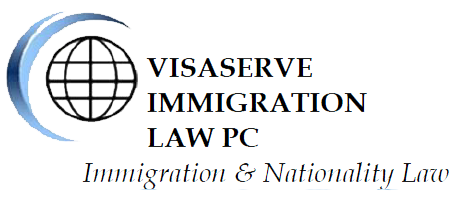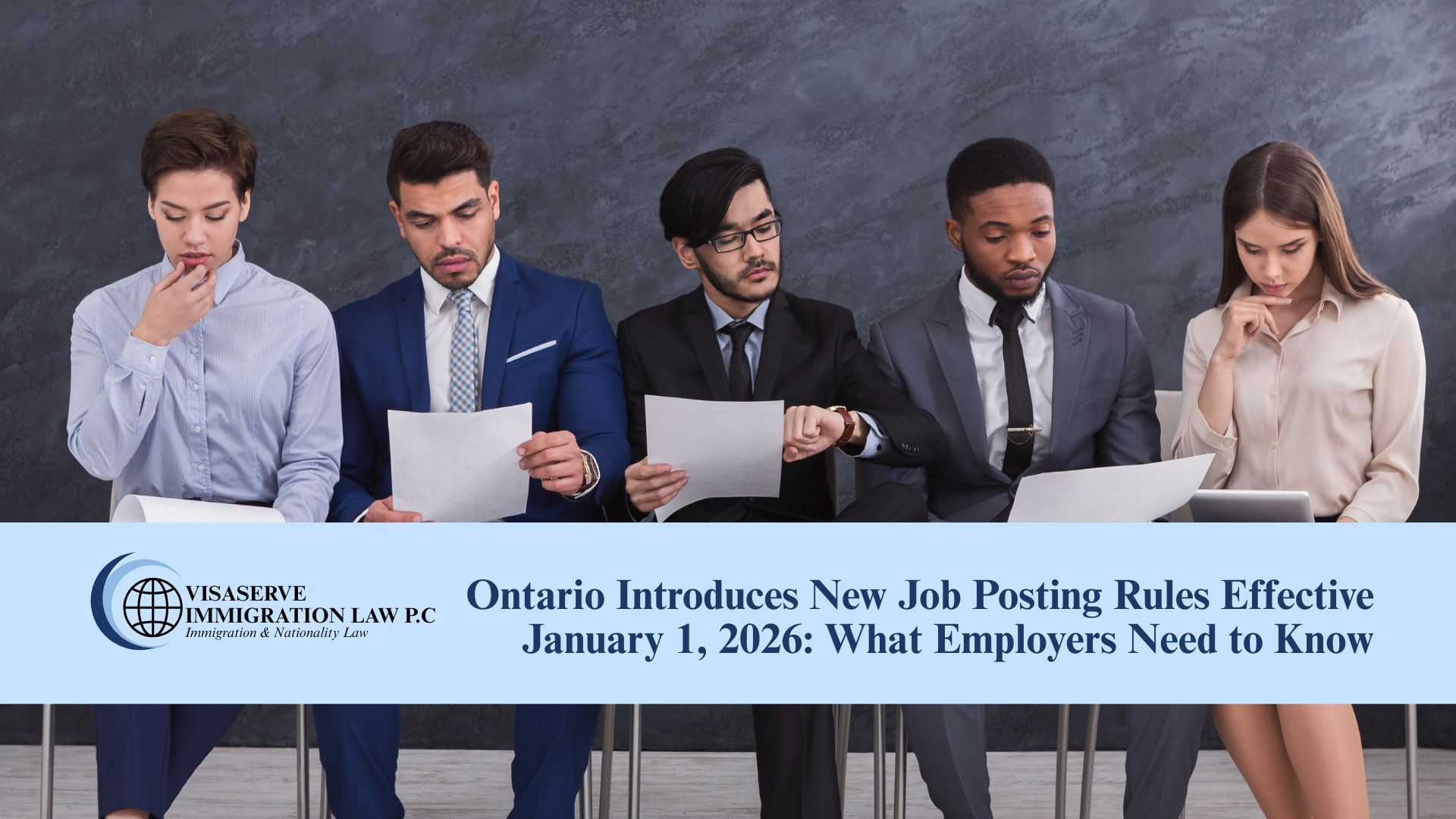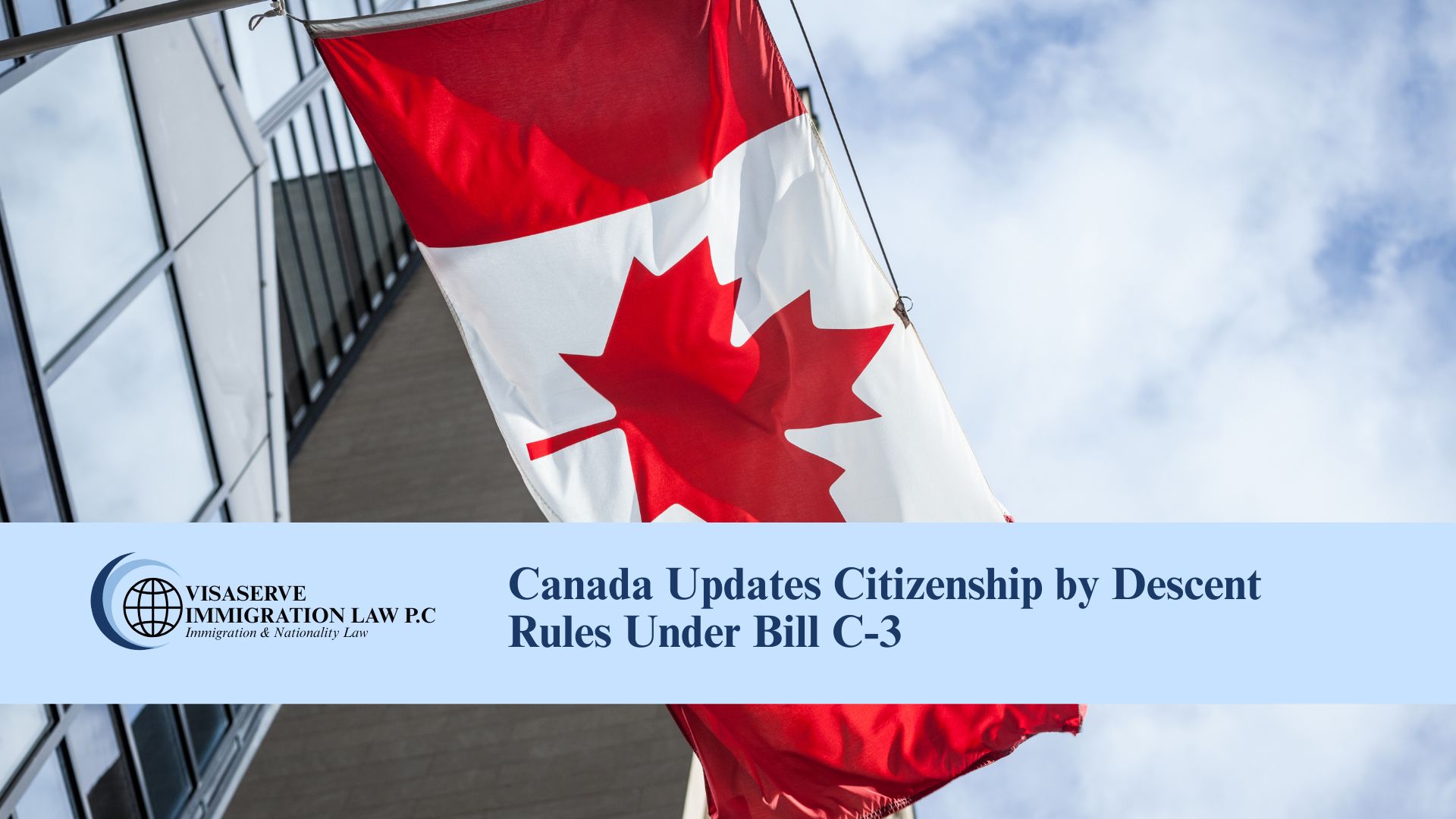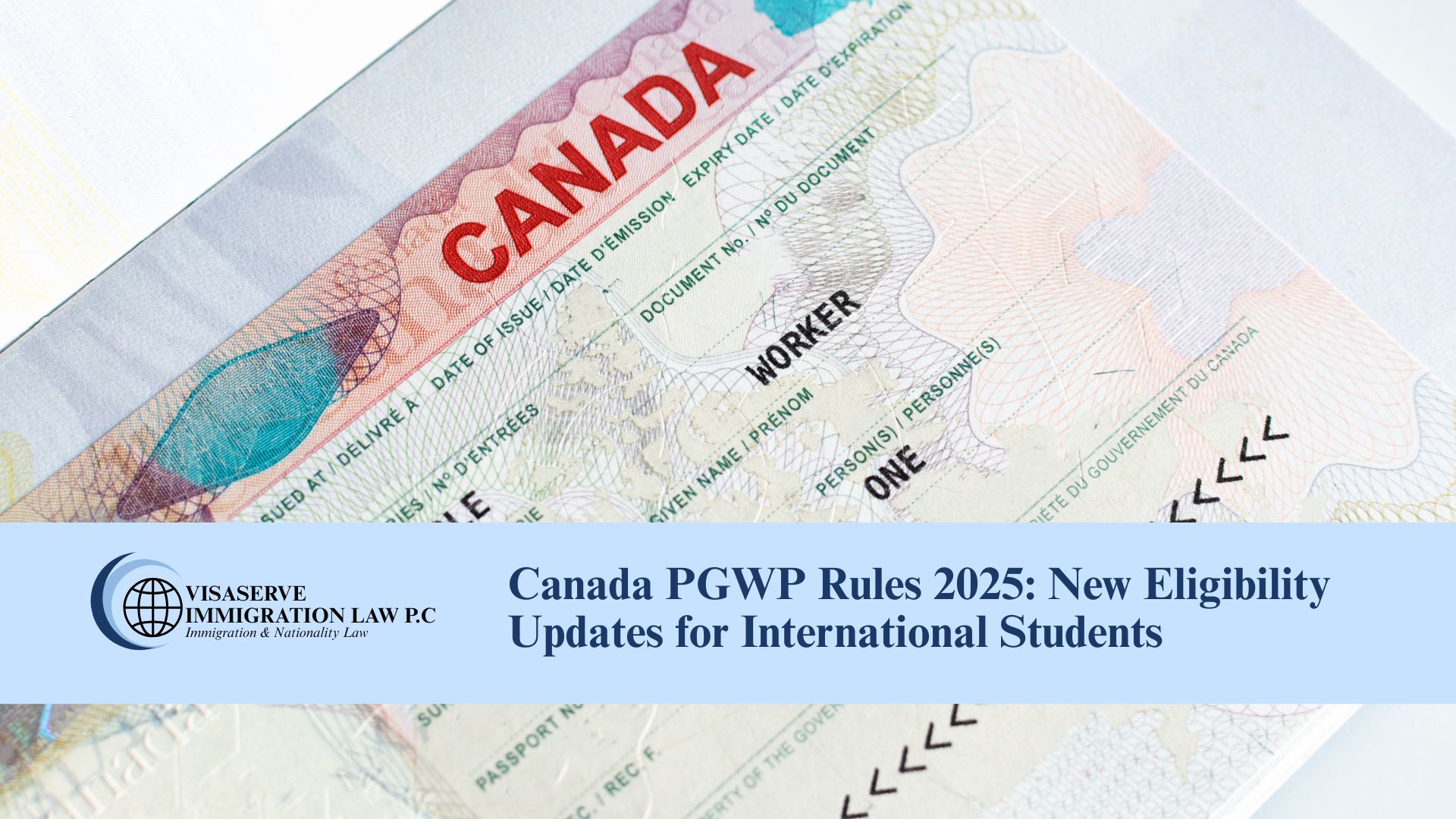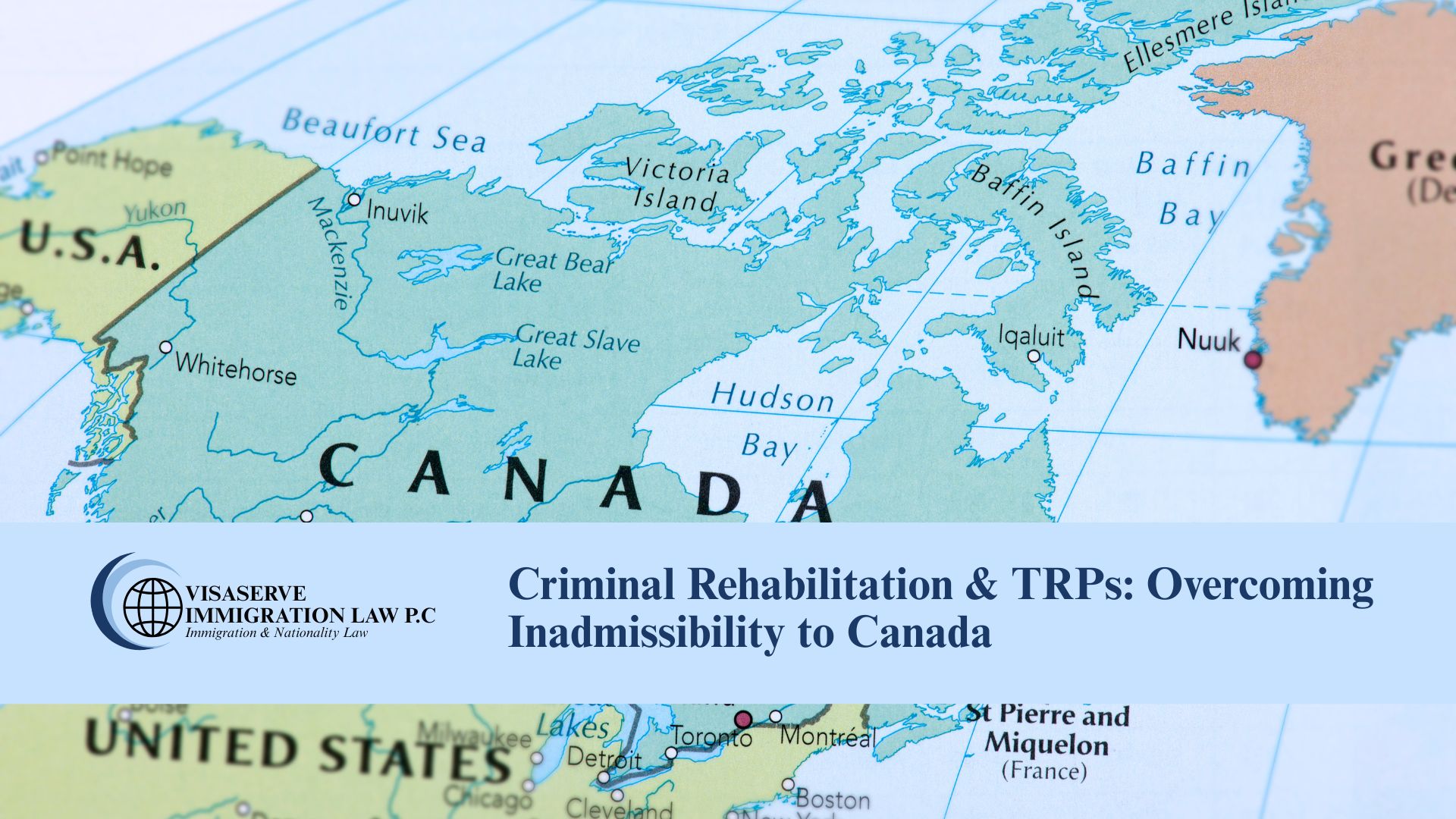Past criminal convictions can make a foreign national inadmissible to Canada under the Immigration and Refugee Protection Act (IRPA). This applies even if the offence was committed decades ago, if it was committed outside Canada, or if it is no longer considered a crime in the country where it occurred. For many, Criminal Rehabilitation is the pathway to permanently overcome this barrier. But while the term sounds straightforward, the legal analysis behind admissibility — and the decision-making process — is far from simple.
1. Criminal Rehabilitation Is a Discretionary Legal Remedy
Under IRPA section 36, Criminal Rehabilitation allows certain individuals to have their inadmissibility removed if they can satisfy the Minister that they are rehabilitated. The decision is entirely discretionary, based not just on statutory requirements but also on policy guidelines, officer discretion, and public safety considerations.
Approval is not guaranteed even if the minimum time period since sentence completion has passed. Officers assess:
-
The nature and seriousness of the offence under Canadian law.
-
The sentence imposed and completed.
-
The risk of reoffending.
-
Your overall behavior since the offence, including personal and professional stability.
2. Time Periods Can Be Misleading
A common misunderstanding is that “five years” after completing your sentence means automatic eligibility. In reality, the five-year rule is only the starting point. The clock starts ticking after the final component of the sentence is completed — which may include probation, fines, restitution, or community service.
Failing to calculate this timeline correctly can result in a refusal, even if the application is otherwise well-prepared.
3. Not All Offences Are Treated Equally
IRPA distinguishes between “criminality” and “serious criminality”, with different fee structures, evidentiary burdens, and decision-making considerations.
For example:
-
An offence punishable in Canada by a maximum sentence of at least 10 years will be assessed under the “serious criminality” standard — which has a higher threshold and fee.
-
Offences that are hybrid in Canada are always treated as indictable for inadmissibility purposes, even if prosecuted summarily abroad.
4. Foreign Pardons and Discharges Are Not Automatic Solutions
A pardon, expungement, or discharge granted outside Canada does not necessarily remove inadmissibility. IRCC will compare the foreign offence to its Canadian equivalent, and the Canadian legal classification will prevail.
In some cases, a pardon may help demonstrate rehabilitation, but it is not a substitute for a Criminal Rehabilitation application unless the offence is no longer considered criminal in Canada.
5. The Minister’s “National Interest” Exception
Sections 34, 35, and 37 of IRPA allow the Minister to declare that certain grounds of inadmissibility — such as security, human rights violations, or organized criminality — do not apply if entry is “not contrary to the national interest.”
While rarely granted, this provision can interact with Criminal Rehabilitation in cases involving complex criminal histories, particularly where the inadmissibility intersects with political, humanitarian, or diplomatic considerations.
Why Legal Counsel Is Critical
The Criminal Rehabilitation process is often underestimated as a simple form submission. In reality, it is a legal argument that requires:
-
An IRPA-based equivalency analysis of the foreign offence.
-
Correct calculation of statutory timelines under s.36(3)(c).
-
Strategic framing of evidence to address discretionary factors.
-
Pre-emptive rebuttal of potential public safety concerns.
Given the discretionary nature of the decision, a well-drafted submission can be the decisive factor between approval and refusal.
Conclusion
Criminal Rehabilitation is more than a form and a filing fee — it is a legal argument requiring precision, timing, and persuasive evidence. Misunderstanding the nuances of IRPA sections 36 and 37, the timelines for eligibility, or the Canadian legal classification of your offence can lead to costly delays or denials.
If you have a past conviction and are seeking to restore your ability to enter Canada, we can help you assess your eligibility, strengthen your application, and navigate the process with confidence.
Contact Visaserve Immigration Law P.C. for a personalized guidance.
